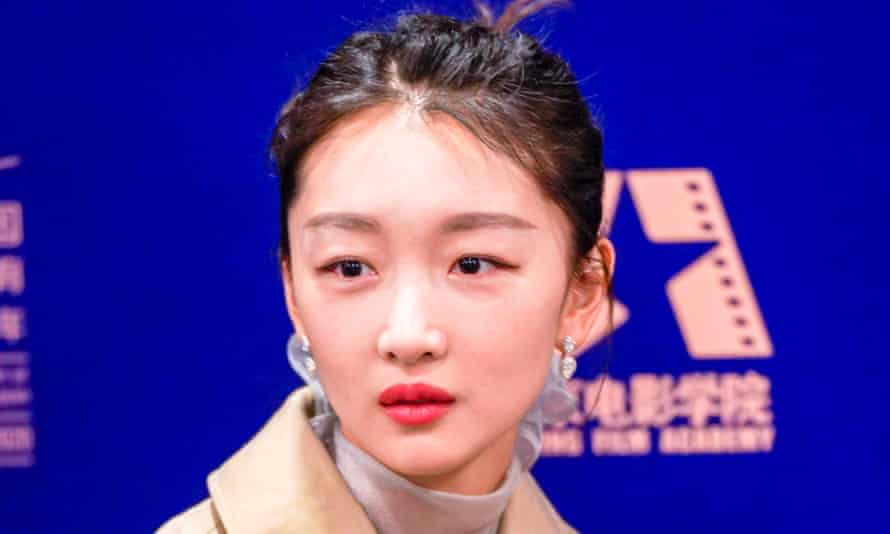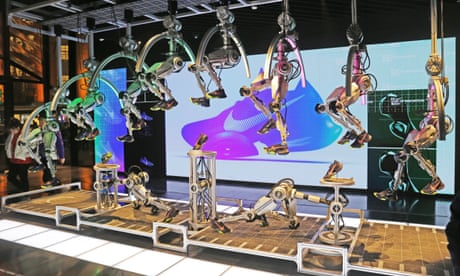IF WE SEE ANY OF THESE RATS IN THE WEST, WE'LL BE SURE TO BURN THEM ALIVE!
Chinese actor quits as Burberry ambassador as Xinjiang cotton row escalates
The label’s trademark tartan has also been erased from a popular video game as anger in China over stance of western brands grows

Burberry has lost a Chinese brand ambassador and its hallmark tartan design was scrubbed from a popular video game, as it became the first luxury brand to be hit by the Chinese backlash to western accusations of abuses in Xinjiang.
China on Friday sanctioned organisations and individuals in the United Kingdom over what it called “lies and disinformation” about Xinjiang, days after Britain imposed sanctions for alleged human rights abuses in the western Chinese region.
Burberry is a member of the Better Cotton Initiative, a group that promotes sustainable cotton production which said in October it was suspending its approval of cotton sourced from Xinjiang, citing human rights concerns.

Award-winning Chinese actress Zhou Dongyu terminated her contract with Burberry as the brand’s ambassador. Burberry had not “clearly and publicly stated its stance on cotton from Xinjiang”, her agency said on Thursday.
The company’s famous plaid design was also removed from the clothing worn by characters in Tencent’s popular video game Honor of Kings, according to a post on the game’s official Weibo account, winning praise from China’s netizens.
Burberry China did not immediately respond to a Reuters request for comment. Burberry cotton is sourced from the United States, Australia, Turkey, India and Egypt, according to its website.
The backlash – particularly in social and traditional media – has also enveloped mass-market brands like H&M, Adidas and Nike which have previously expressed critical views on labour conditions in Xinjiang, China’s biggest cotton-producing region.
Activists and United Nations rights experts have accused China of using mass detainment, torture, forced labour and sterilisations on Uighurs in Xinjiang. China denies these claims and says its actions in the region are necessary to counter extremism.
In a letter to British MPs in November, Burberry said it did not have any operations in Xinjiang or work with any suppliers based there, adding that it did not condone any form of modern slavery among its suppliers, including forced, bonded or involuntary prison labour.
The China National Textile and Apparel Council in a statement on Friday urged international brands to cease “wrong behaviour”, including the exclusion of cotton from Xinjiang in their supply chain, out of respect for Chinese customers.
Hong Kong lawmaker Regina Ip said she would stop buying Burberry.
“Burberry is one of my favourite brands. But I will stop buying Burberry products. I stand with my country in boycotting companies that spread lies about Xinjiang,” Ip wrote on her Twitter account.
No comments:
Post a Comment